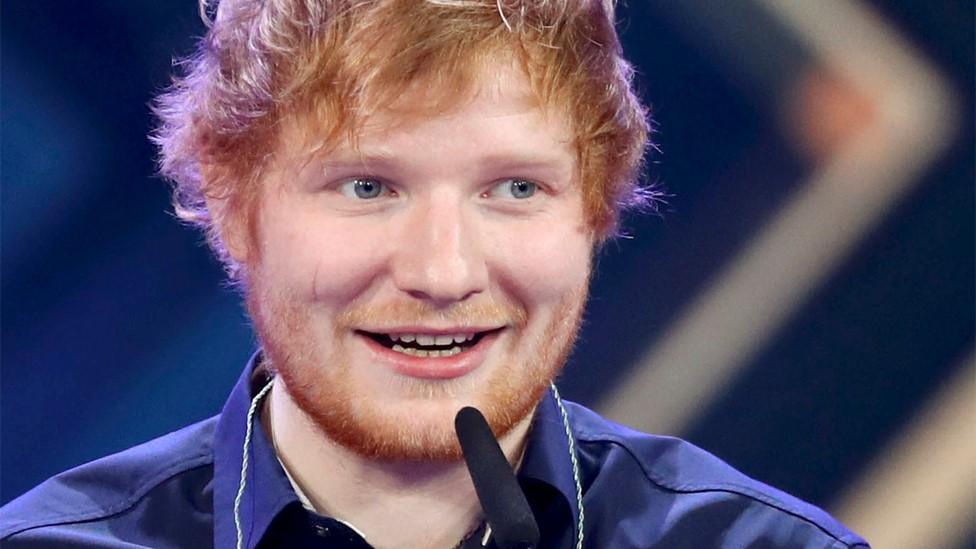Fortnite sued over The Floss: Can you copyright a dance move?
- Published
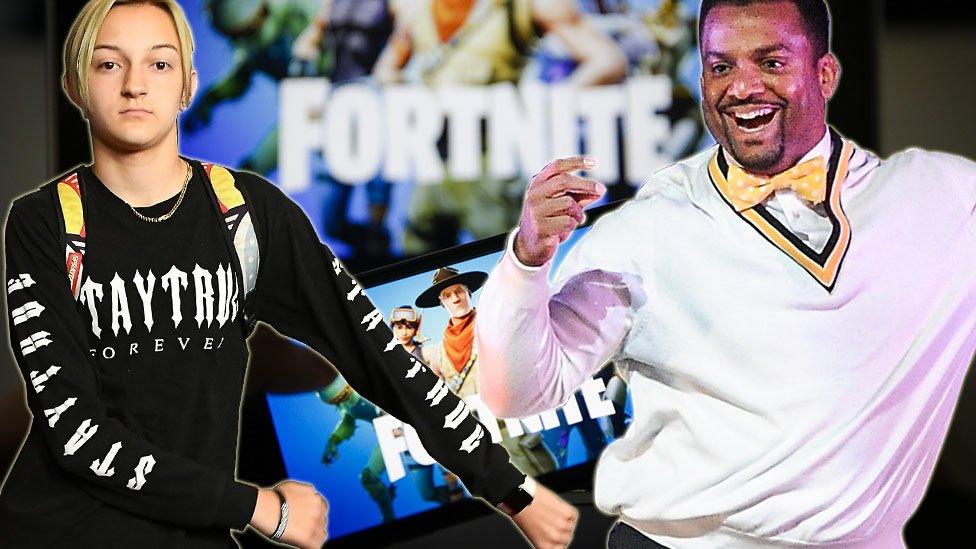
Russell Horning and Alfonso Ribeiro
Backpack Kid and Carlton from The Fresh Prince of Bel Air are the latest people to sue the makers of Fortnite for stealing their moves.
Russell Horning and Alfonso Ribeiro claim Epic Games ripped off their work and turned it into emotes in the game.
An emote is the dancing Fortnite characters do to mark a win or bumping off a rival, or just to kill some time.
Rapper 2 Milly has already sued Epic and Chance The Rapper has criticised the developers for using the dances.
Fortnite has made Epic Games worth more than $5bn, external (£3.9bn) since it was launched in 2017.
The game is free to play, but the creators make money by selling dance moves and outfits.
Radio 1 Newsbeat has contacted Epic for a statement, but they are yet to respond.
To stand any chance of winning their lawsuits against Epic, Russell, Alfonso and 2 Milly will need to prove they were the ones who invented the dances and therefore own the copyright to the moves.
If you made it, you own it
"Copyright arises automatically when you create a work," says Alex Newman, a copyright lawyer for Irwin Mitchell Solicitors.
He says you need to be able to prove that you're the creator. You don't need to have filed any paperwork to legally own something you've made.
"You create a copyrighted work, whether it's an artistic, literary or a dramatic work, provided that the work you've created is original and you haven't copied it from somebody else."
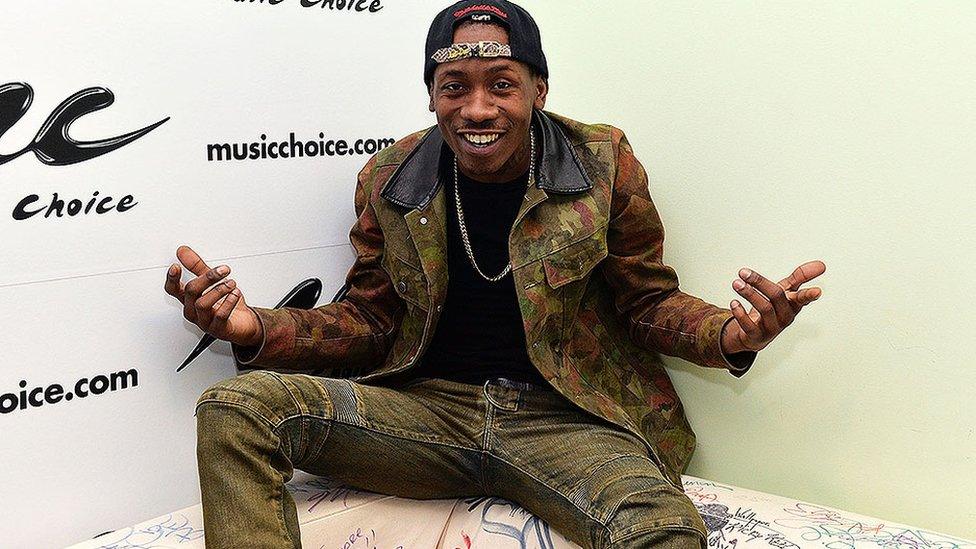
2 Milly claims his dance, the Milly Rock, has been used as Fortnite's Swipe It emote
But that could be an issue for Alfonso, whose lawyers are currently downplaying comments, external he's made in the past about having "stole" his moves from an old Bruce Springsteen video when asked to "dance like a super white person" on Fresh Prince Of Bel Air.
We've heard a lot about copyright in music in recent years and Alex says someone profiting from someone else's dance moves happens much less often - at this level.
"There are probably all kinds of infringements of copyright in dance moves happening all over the world," he says.
"But it's probably relatively rare that the claimant thinks there's something worth going into battle about and worth potentially suing the infringer.
"Fortnite is an example of this. It's been so popular, it's no doubt made the owners of Fortnite an absolute fortune.
"The creators' position is going to be: 'we want a cut of what you're making. If you don't give us a cut then in relation of their use of it to date and your use of it going forward, then we're going to ask a court to issue an injunction stopping you from using it going forward'."
"Which would obviously require a change to the game."
What happens next?
Alex says Epic will need to seek a licence from Russell, Alfonso and 2 Milly to have used and to continue using their "dramatic work" - which could cost them some of that $5 billion revenue.
If they can prove they invented those dances, that is.
The "Fresh" emote (which Alfonso is claiming against) and "Swipe" emote (which 2 Milly claims is his), are downloadable content in Fortnite. Russell's "Floss" dance was only available for a limited period.
Which could mean they wouldn't need to pay him for ongoing use.
In 2017, Russell performed his trademark dance on Saturday Night Live with Katy Perry and some of New York's best known drag queens.
Allow YouTube content?
This article contains content provided by Google YouTube. We ask for your permission before anything is loaded, as they may be using cookies and other technologies. You may want to read Google’s cookie policy, external and privacy policy, external before accepting. To view this content choose ‘accept and continue’.
But this isn't the first time dance copyright has been discussed with a high profile example.
In 2011, a dancer claimed Beyonce and her choreographer had plagiarised her work in the video for Countdown.
Follow Newsbeat on Instagram, external, Facebook, external and Twitter, external.
Listen to Newsbeat live at 12:45 and 17:45 every weekday on BBC Radio 1 and 1Xtra - if you miss us you can listen back here.
- Published18 December 2018
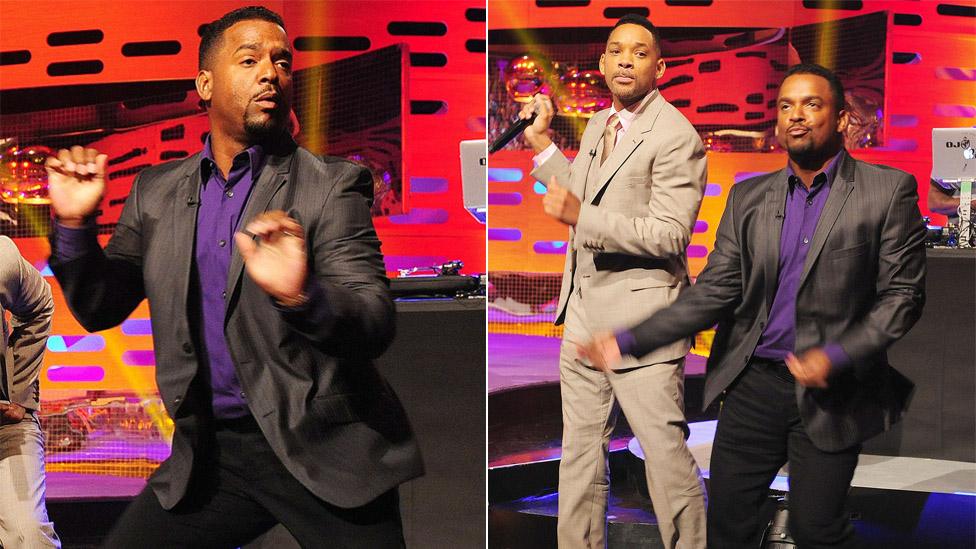
- Published29 June 2018
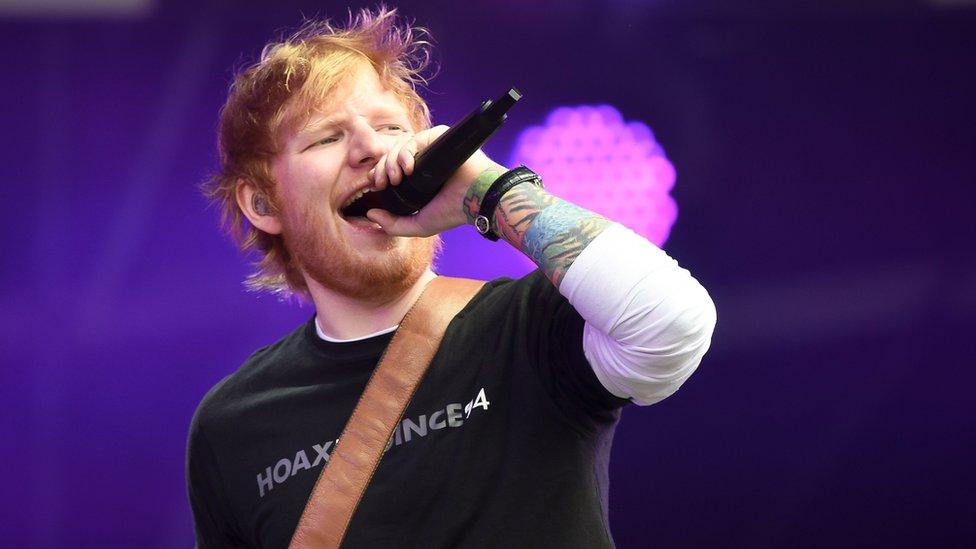
- Published10 April 2017
